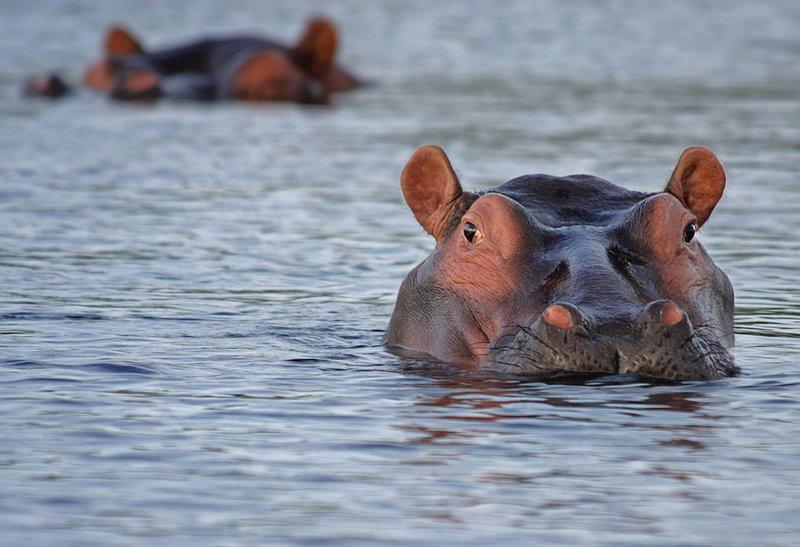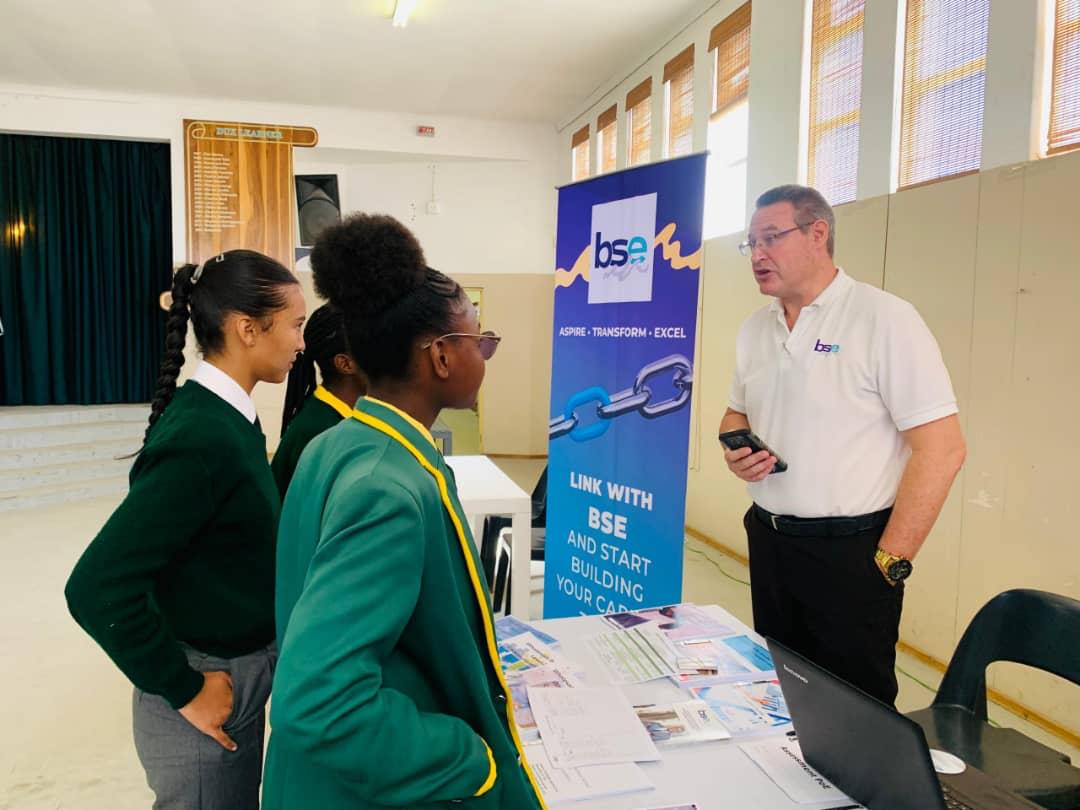RIO DE JANEIRO – Consumers around the world are unwittingly fuelling destruction of the Amazon forest by buying Brazilian beef products linked to illegal deforestation, environment group Greenpeace said on Sunday.
In a report titled ‘Slaughtering the Amazon’ the group also accused the Brazilian government, which has pledged to cut deforestation by half in 10 years, of being complicit in the destruction due to its hefty funding of the beef industry.
The report presented satellite analysis it said showed that meat exported by Brazil’s big meatpackers to make everything from Italian shoes and US dog chews to UK ready-to-eat meals often comes from ranches with recent illegal deforestation.
The major meatpackers, such as JBS, Marfrig and Bertin, ship the beef or hides thousands of miles south for further processing before export, it said.
‘In effect, criminal or ‘dirty’ supplies of cattle are laundered through the supply chain to an unwitting global market,’ it said. ‘Expansion by these groups is effectively a ‘joint venture’ with the Brazilian government.’
The report also identified a string of major companies including Adidas, Nike, BMW, Honda, Gucci, Tesco and Wal-Mart that it said used ‘Amazon-contaminated’ supplies.
It said companies often are unaware of the Amazon link because they buy ‘blindly’ from Brazil and they cannot see the connections back to the rain forest, but it insisted they are real. ‘Everything is connected to the Amazon,’ said Greenpeace campaigner Andre Muggiati.
Brazil’s government declined to comment on the claims.
Roberto Gianetti da Fonseca, the head of the Brazilian meat exporters association ABIEC, said hardly any beef was exported from the Amazon region because it was too far from ports.
The meatpackers deny knowingly using cows from illegal farms. Bertin, responding to Reuters’ questions, said it would cut off any supplier found to be doing so.
Environmental groups are aiming to replicate the success of a 2006 campaign that persuaded Brazil’s soy industry to impose a two-year moratorium, now extended to three, on soy from illegally deforested areas. They say Amazon cattle are now the biggest single cause of global deforestation, which contributes 20 per cent of the world’s greenhouse gases.
GOVERNMENT BACKING
Brazil is the world’s largest beef exporter and has the largest commercial cattle herd of 200 million, a third of which is in the Amazon region where loose laws and cheap land have helped its rapid expansion in recent years.
The government has backed the industry in recent years with billions of dollars in financing and aims to double Brazil’s share of the global beef export market to 61 per cent by 2018.
It has acknowledged that cattle ranching is responsible for about 80 per cent of Amazon deforestation.
‘There is an internal contradiction between the government’s aim of expanding agriculture and reducing deforestation,’ said Muggiati.
Beef industry officials acknowledge illegal deforestation by small cattle farms but say the problem will soon be resolved through microchips implanted in millions of cows that can then be traced by satellite.
‘Greenpeace should be calm,’ said Fonseca, the exporters’ group head. ‘We’re not going to destroy the Amazon but we also won’t create a false system of control to deceive people.’
The Amazon has lost about a fifth of its forest in the past three decades and the rate of deforestation rose 69 per cent in the 12 months to August 2008 as 8 147 sq km were cut down.
-Nampa-Reuters
Stay informed with The Namibian – your source for credible journalism. Get in-depth reporting and opinions for
only N$85 a month. Invest in journalism, invest in democracy –
Subscribe Now!










